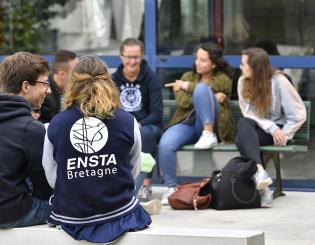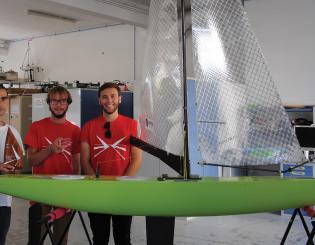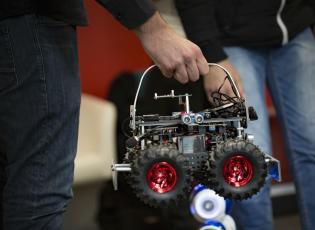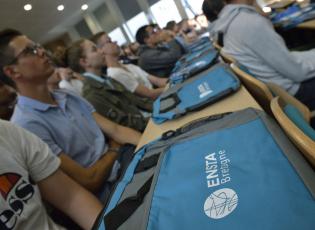
Sustainable development
Industry is striving to produce lighter and more fuel-efficient vehicles: cars, planes, ships, commercial vehicles, etc.
ENSTA Bretagne is a partner of choice for determining the service life of these “lightweight” structures, in which, for example, bonded composites replace welded steel.
The in-service performance (sustainability, fatigue) of mechanical systems is one of industry’s major concerns. It is striving, on the one hand, to improve performance and safety, and on the other hand, to reduce maintenance activities, fuel consumption and greenhouse gas emissions. ENSTA Bretagne develops digital predictive models that are experimentally validated using the testing facilities of the MASMECA technology platform.
The use of composites, together with a composite-to-metal bonding technique, boosts the competitiveness of the MRE (marine renewable energy) sector. The challenge is to design systems that can operate durably at sea, with minimal maintenance.
After a research chair and contributions to the development of offshore wind turbines and marine turbines working with Breton SMEs, the work on bonding continues, with the COSICO and INDUSCOL projects backed by the ANR*, France Energies Marines and the Investissements d’Avenir funding program.
A team from ENSTA Bretagne is taking part in numerous international marine environment protection programs using “passive acoustics” technologies. The goal is to be able to process, characterize and analyze underwater sound detected using hydrophones (an efficient, sustainable and non-intrusive method) to better understand marine wildlife and its population movements.
One of the applications is related to the monitoring of marine mammal populations. The team just came back from a research cruise conducted with IUEM in the French Southern and Antarctic Lands. A new project, funded by the TOTAL Foundation, aims to track whales in 3 maritime areas using a glider (autonomous underwater vehicle).
BeyondTheSea® is a project supported by ADEME and the Mer Bretagne Atlantique industry cluster, and led by sailor Yves Parlier.
Towing ships using kites would reduce fuel consumption by 20%. Involved in the project from the start, ENSTA Bretagne is conducting research projects on the kite’s autopilot, a giant kite structure, sail size and the maneuverability and seakeeping ability of the vessel.
For more information: www.beyond-the-sea.com
Département sciences humaines et sociales de l'ENSTA Bretagne, laboratoire Formation et Apprentissages Professionnels.
Ce projet européen soutenu par le fonds européen Erasmus+, rassemble 7 membres et 10 partenaires situés dans 6 pays européens. Il s'intéresse au rôle des ingénieurs dans la société à travers 3 axes :
- Déterminer les futurs rôles et compétences des ingénieurs impliquant une meilleure prise en compte du développement durable.
- Étudiez les valeurs et les motivations des jeunes, des étudiants et des apprenants adultes pour déterminer en quoi ils influencent leurs futurs choix de carrière et utiliser ces connaissances pour rendre le métier d'ingénieur plus attrayant auprès des jeunes.
- Développer de nouvelles pratiques d’enseignement et d’apprentissage innovantes pour répondre à ces résultats.
Plus d'infos : https://www.astep2030.eu/en
Département sciences et technologies de l’information et de la communication ENSTA Bretagne, rattaché au laboratoire Lab-Sticc
L'ENSTA Bretagne est partenaire du projet Méditerranée. Celui-ci vise l'amélioration des modèles météorologiques afin notamment de mieux prévoir les épisodes cévenols (fortes pluies et orages localisés intervenant principalement dans le Sud-Est de la France entraînant des crues exceptionnelles et des inondations).
La thèse en cours vise l’amélioration des méthodes d’analyse des signaux GNSS (GPS, Galileo, Glonass) mesurés par des antennes embarquées en pleine mer (sur des navires ou des bouées scientifiques).
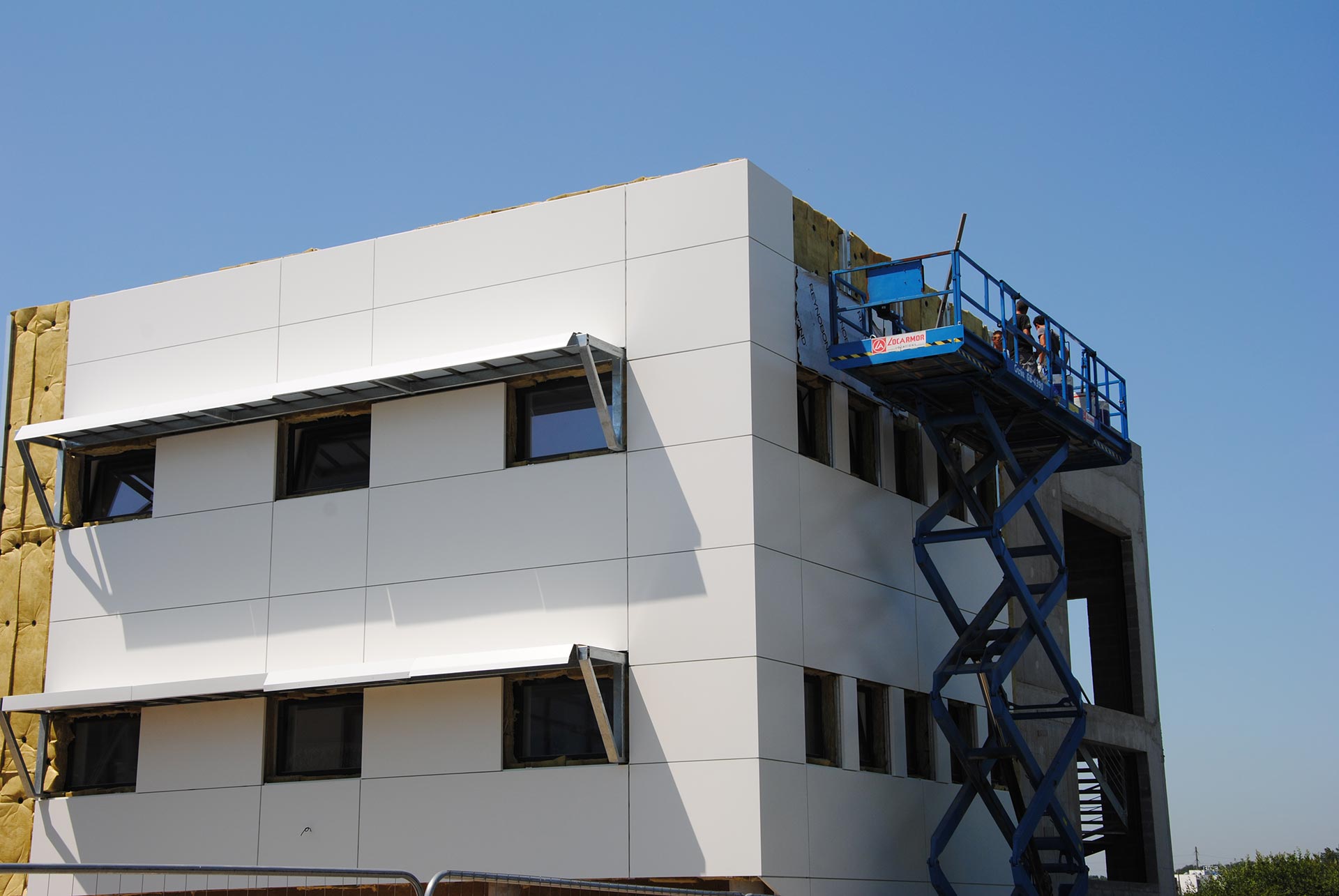
Lighting, heating and insulation
On a daily basis, nearly 1200 people work, study and live on the ENSTA Bretagne campus which spans more than 7 hectares (17.3 acres). With respect to lighting, heating and insulation, investments are made every year to reduce the school’s environmental footprint. Efforts are also made to reduce unnecessary energy consumption (heating, electricity).
Since the summer of 2017, ENSTA Bretagne has been connected to the city’s heating network. 85% of the energy supply comes from household waste incineration. The system significantly limits CO2 emissions into the atmosphere and reduces the school’s reliance on gas.
Parks and gardens maintenance, paper and waste sorting
Brest being located near protected natural areas, the need to stop using chemical fertilizers was self-evident. Chemical fertilizers are no longer used (including for the sports field). They have been replaced by organic compost. The amount of paper used is monitored and comprises 50% recycled materials. Waste sorting is also implemented throughout the campus.
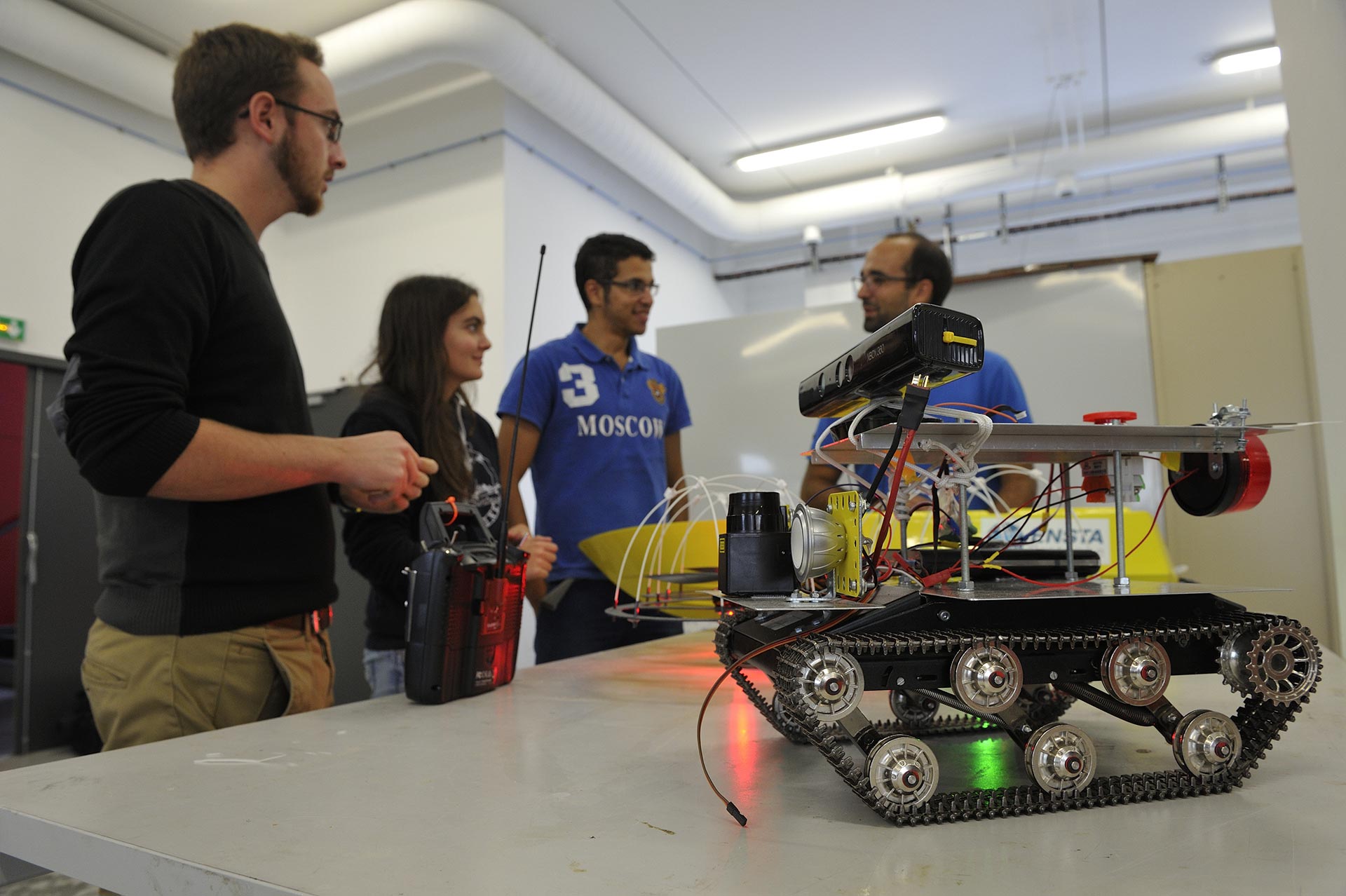
Responsible engineers trained to promote sustainable development
During Year 2, as part of an applied project, all students work on a facility’s carbon footprint. In addition to learning about the Carbon Footprint concept and what it entails, students must evaluate their system’s CO2 emissions and suggest ways to limit its environmental impact.
The Engineering and Business Science major in particular raises awareness of the engineer’s responsibility. This major tackles quality management, ecodesign, etc. It also provides insight into the environment of industrial projects: their social, economic and political context at European and international level, as well as risk analysis.
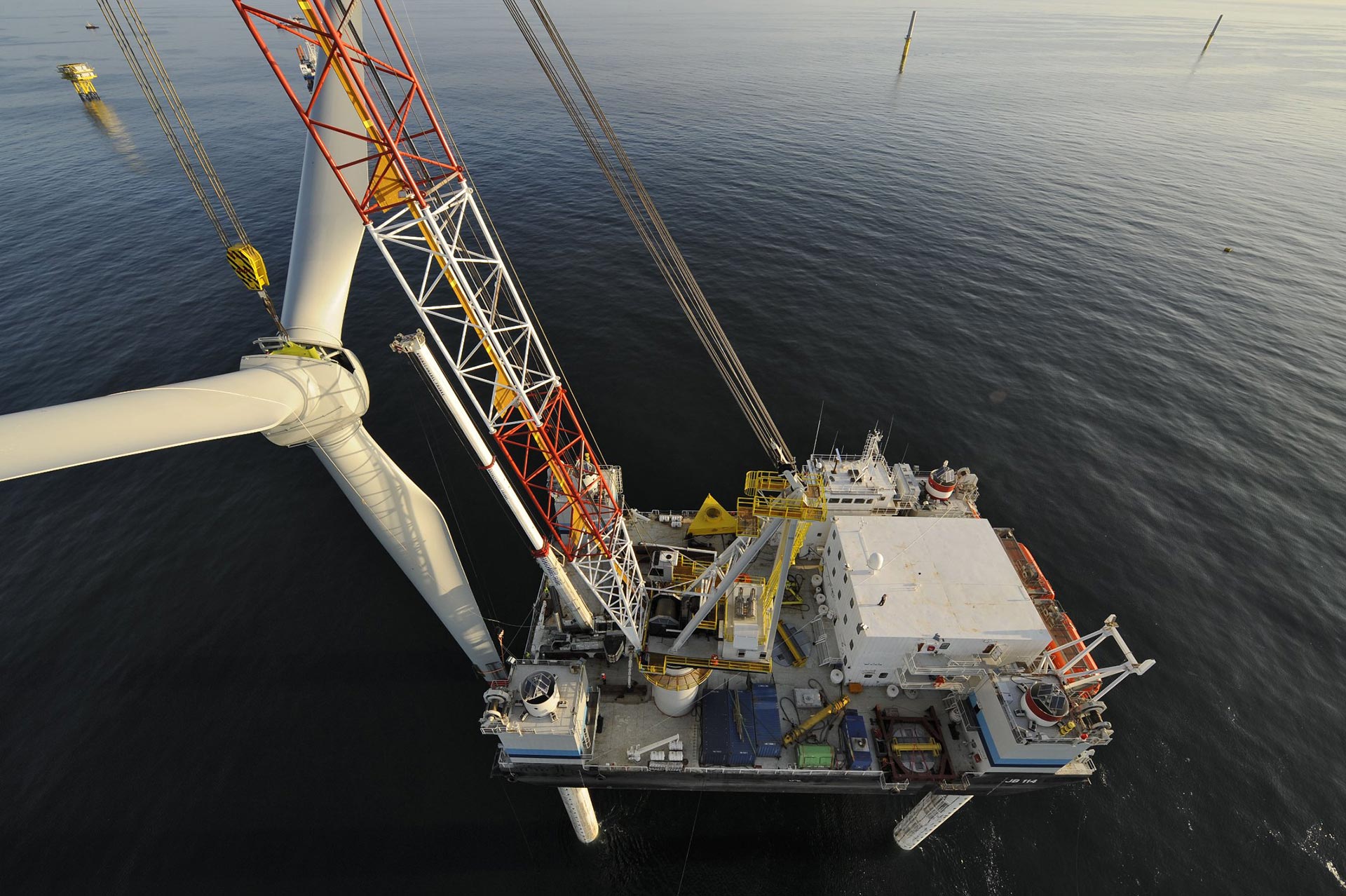
A program focused on the development of marine renewable energy
The Advanced Master in Marine Renewable Energies trains students to become innovative MRE project managers, from the design of high-performance systems for various types of energy resources, to location analysis and environmental and social impact assessment.
Supported by the Mer Bretagne Atlantique industry cluster and the Conférence des Grandes Écoles for nearly 10 years now, this program brings together several higher education institutions based in the Brest area (ENSTA Bretagne, École navale, IMT Atlantique, Université de Bretagne Occidentale/IUEM...) and numerous major organizations and industry players (Ifremer, Naval Group, SHOM, Météo France, Cerema…).
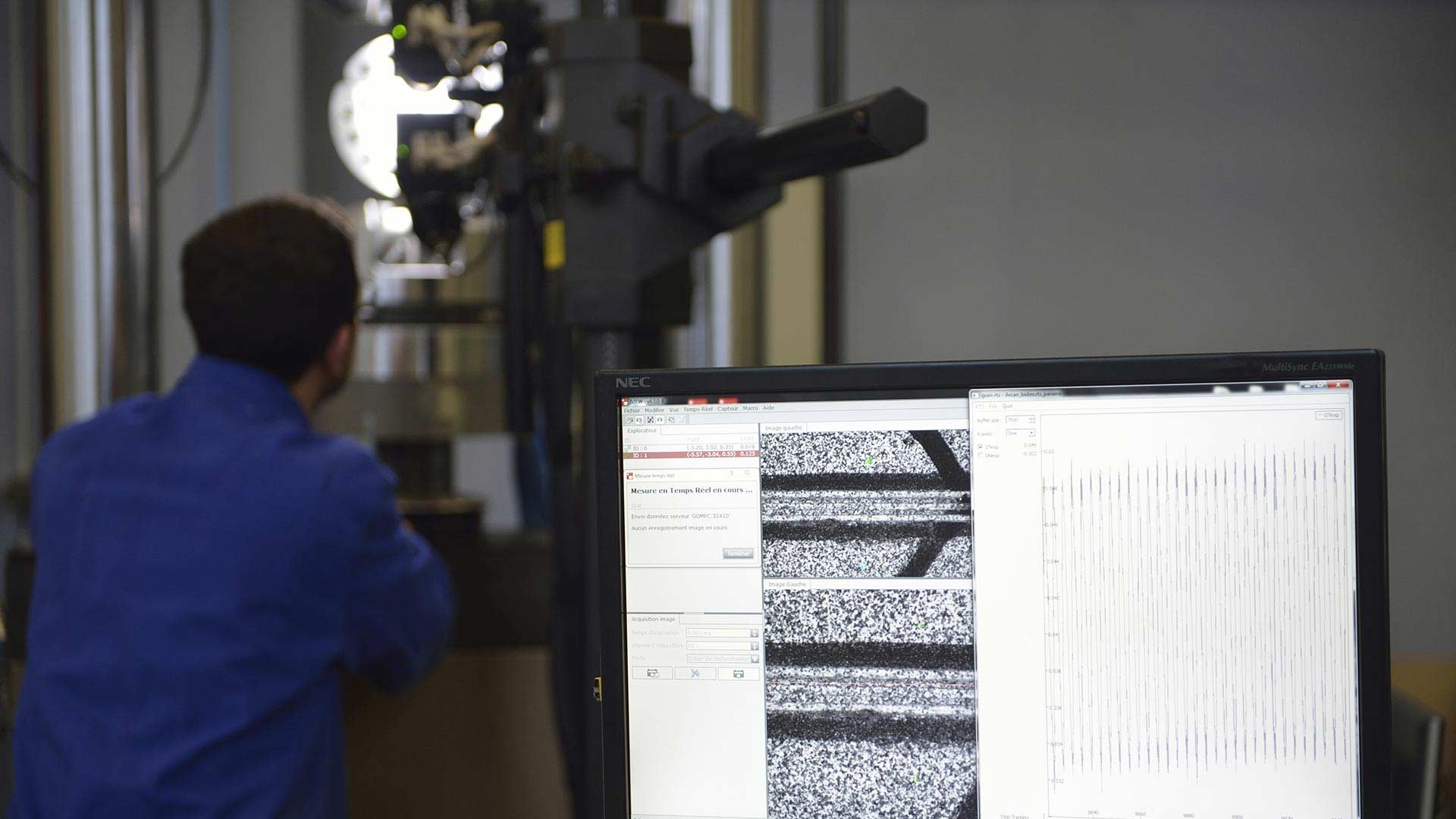
Fuel-efficient transportation systems: predicting the behavior and service life of structures
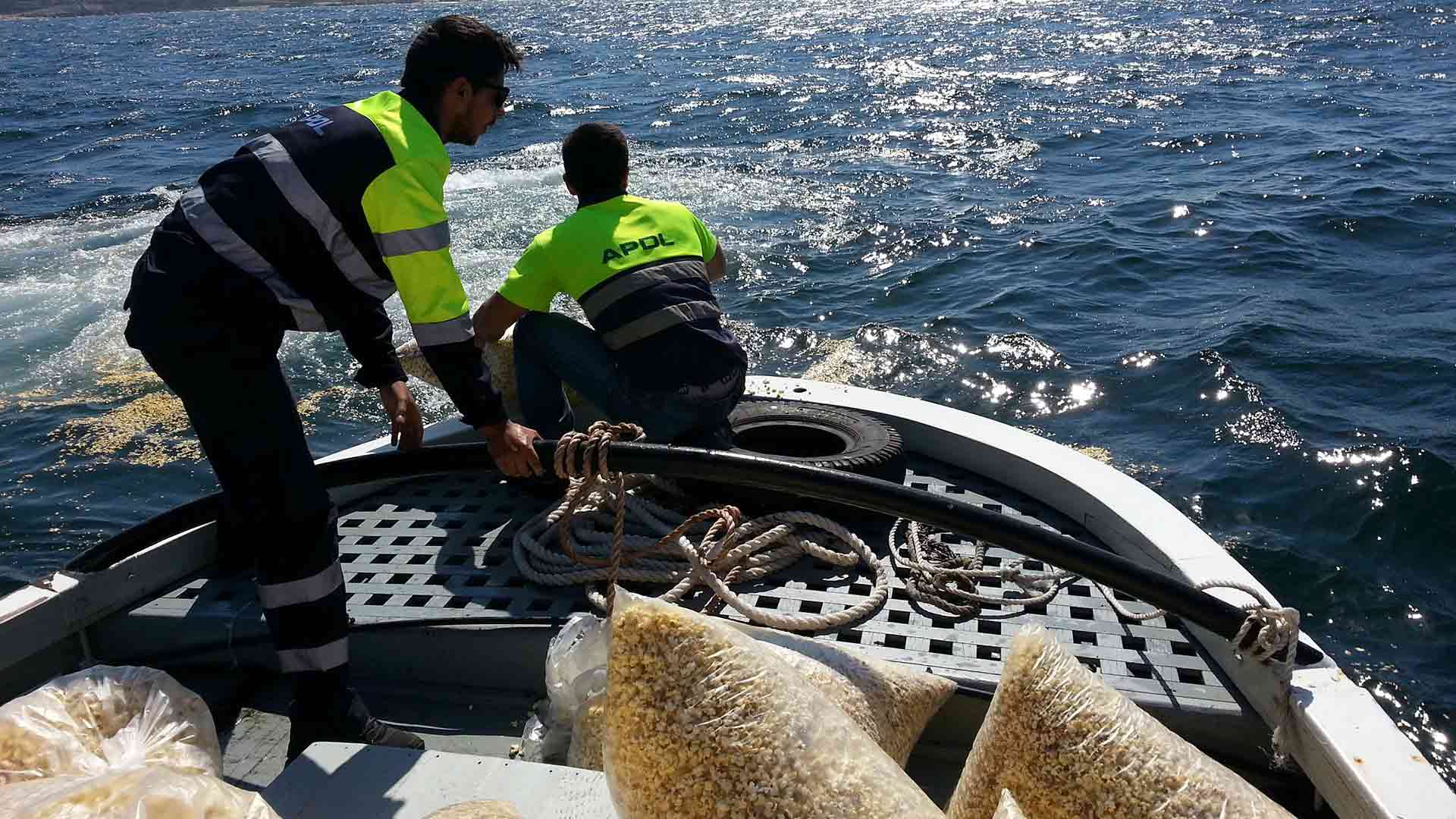
Detecting sea surface pollution: the NETMAR European program
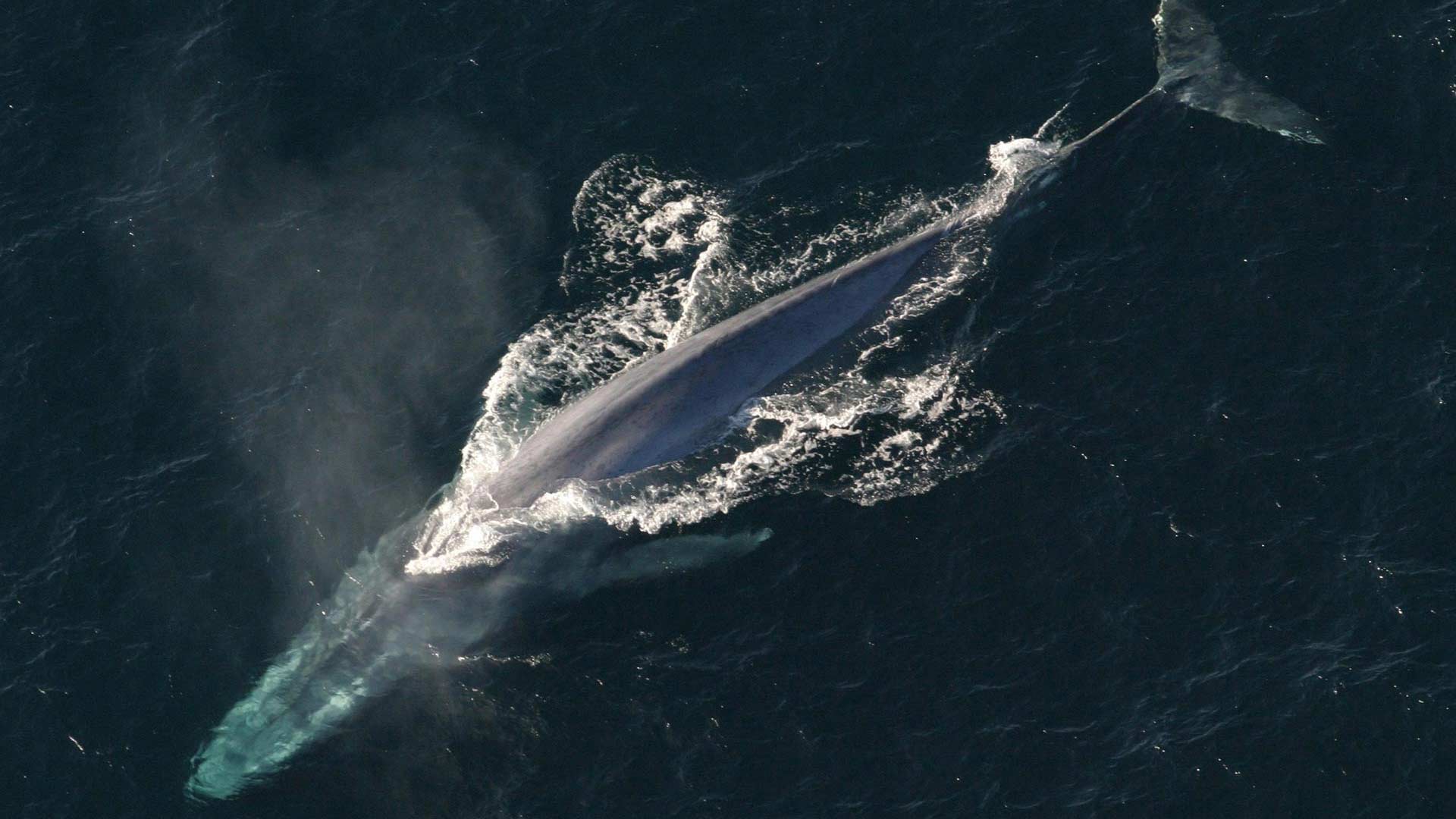
Listening to and counting marine mammals: passive acoustics, an efficient, sustainable and non-intrusive method
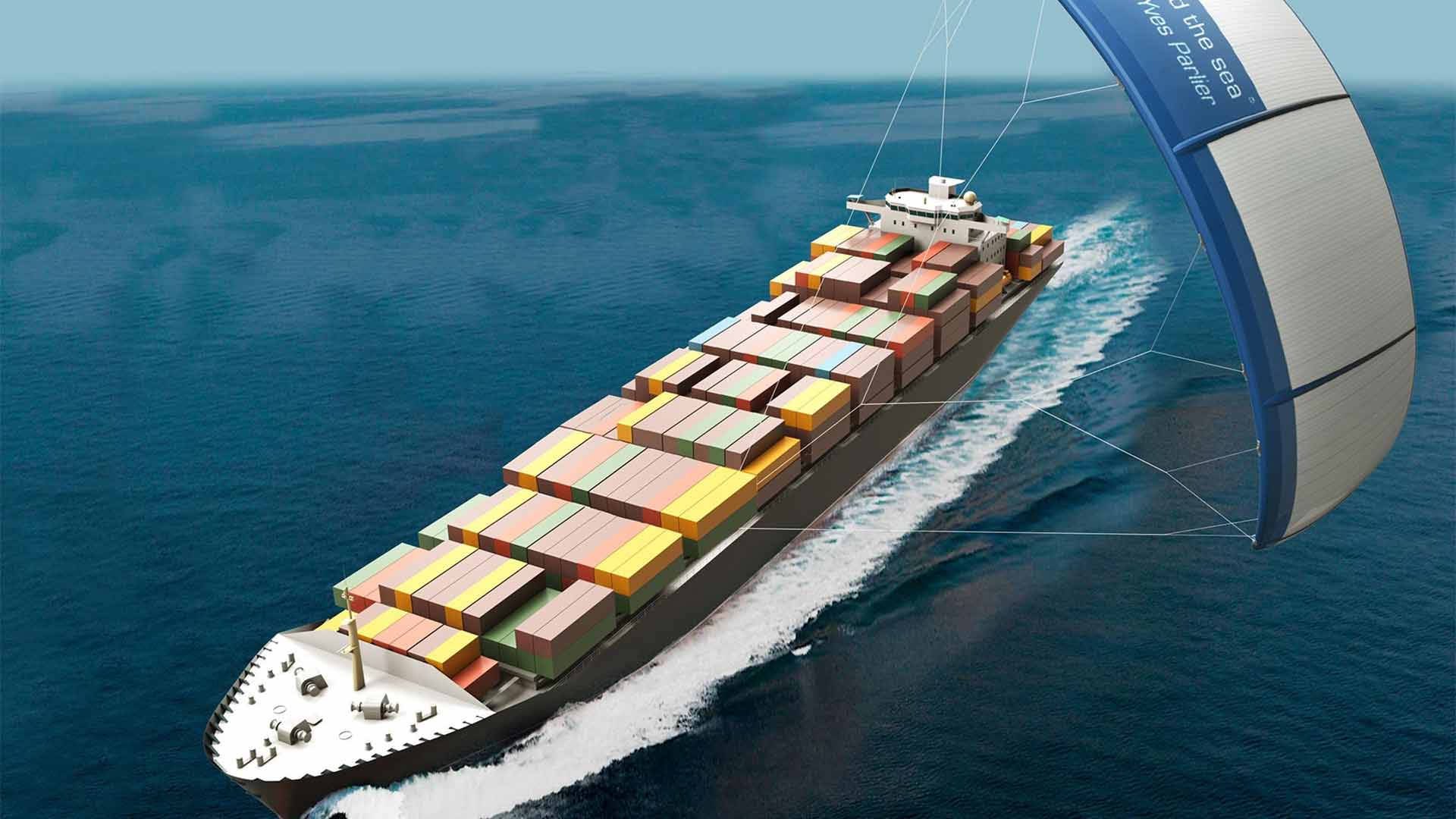
Des navires tractés par des cerfs-volants : ENSTA Bretagne partenaire du projet BeyondThe Sea®
contact
Our organization: Governance
Under the supervision of the French Ministry of Armed Forces and, in particular, the Direction Générale de l’Armement (Defense Procurement and Technology Agency), (as are 2 other graduate schools: the Ecole Polytechnique, and ISAE-SUPAERO), its organization and operation are governed by the French Defense Code (articles R3411-57 to R3411-82).
3 school governing body meetings are held every quarter with the school’s executive team to check that all is running smoothly and that the school has obtained its objectives: the Council , the Training Board, and the Research Board.
The Council
ENSTA is governed by the Council composed of 29 members:
- 8 State representatives
- 11 external members, representing higher education and civilian society, 4 of whom have been designated due to their qualities and skills in professional sectors which correspond to those of the school
- 10 staff and student representatives
The President of the school, the financial controller and the accounts officer attend the Council sessions in an advisory capacity.
By Decree of the President of the Republic dated April 23, 2025, Mr. Laurent Giovachini, Deputy CEO of Sopra Steria, has been appointed Chair of the ENSTA Board of Directors.
- list available on the French version of the site
- list available on the French version of the site
- list available on the French version of the site
- list available on the French version of the site
- list available on the French version of the site
- Caroline Bérard, Director of Engineer Training, ISAE-SUPAERO
- Awaiting appointment
- Awaiting appointment
- Laure Le Baron, Director of Human Resources, SHOM
- Philippe Picouet, Director of Training, IMT Atlantique
- Doriane Causeur, Naval Engineer, Bureau Veritas Solutions
- Thomas Loiseleux, Deputy Director of Training and Research, ENSTA Paris
- Awaiting appointment
- Jean-Christop Cexus, Associate Professor
- Jean-Louis Quenec'h, Head of 2nd Year Mechanics
- Jeanne Toulouse, Associate Professor
- Mounadi Abdillah Ali Toihiri - PhD Student
- Awaiting appointment – FIPA (co-operative engineering student)
- Awaiting appointment - FIPA (co-operative engineering student)
- Awaiting appointment - Civilian FISE
- Awaiting appointment - Civilian FISE
- Awaiting appointment - Military FISE
- Bruno Gruselle, President of ENSTA Bretagne
- Rémy Thibaud, Dean of Faculty
- Christiane Gillet, Head of the FIPA Cycle
- Christophe Osswald, Associate Professor, Head of FISE Cycle
- and guests
- Vincent GEIGER, Director for Naval Research, Naval Group
- Philippe BOUREUX, Supervision Office, DGA/DRH
- Marc SIRVEN, Head of the "Capteurs, Guidage, Navigation" (Sensors, Guidance, Navigation) Department, DGA/DT
- Hugues CHOPLIN, Associate Professor, Université de Technologie de Compiègne (UTC)
- Vincent VERBEQUE, « Research & Technology Software » Director, Thales DMS
- René BILLARDON, Mechanics Expert, SAFRAN Landing Systems, and Professor at the Université Pierre et Marie Curie - Paris 6 (UPMC)
- Pascal LARZABAL, Associate Professor, Université Paris-Saclay
- David FORICHER, Deputy Head of Division, France’s Defense Innovation Agency (AID)
- Bruno GRUSELLE, President
- Yann DOUTRELEAU, Dean of research
- Sylvain CALLOCH, Associate Professor, Head of Research of the Mechanical Sciences Department / IRDL Laboratory
- Angélique DREMEAU, Associate Professor, ICST Department, and ENSTA Bretagne correspondent for the Lab-STICC Laboratory
- Ciprian TEODOROV, Associate Professor, ICST Department, and ENSTA Bretagne Correspondent for the SHARP Team in the LAB-STICC Laboratory
- Ali KHENCHAF, Associate Professor, ICST Department, and ENSTA Bretagne correspondent for the SyPH Team of the LAB-STICC Laboratory
- Pierre BOSSER, Associate Professor, ICST Department, and ENSTA Bretagne correspondent for the IA & Océan Team of the LAB-STICC Laboratory
- David THEVENET, Associate Professor, Mechanical Sciences Department, and ENSTA Bretagne correspondent for the "Assemblages multi-matériaux" (Multimaterial Assemblies) Section of the IRDL Laboratory
- Nicolas JACQUES, Associate Professor, Mechanical Sciences Department and ENSTA Bretagne correspondent for the "Structures, fluides et interactions" (Structures, Fluids and Interactions » Section of the IRDL Laboratory
- Catherine ADAM, Associate Professor, Social and Human Sciences Department / FoAP Laboratory
- Jean-Christophe CEXUS, Associate Professor, ICST Department, / LAB-STICC Laboratory
- Younes DEMMOUCHE, Associate Professor, Mechanical Sciences Department / IRDL Laboratory,
- Linda GARDELLE, Associate Professor, Head of the Social and Human Sciences (SHS) Department and the FPI (Training and Professional Learning) Research Team / FAP (Profession Training and Apprenticeships) Laboratory
- Ewann GAUTIER, PhD Student, Mechanical Science Department / IRDL Laboratory
- Irène MOPIN, PhD Student, ICST Department / LAB-STICC Laboratory
- Angélique DREMEAU, Enseignante-chercheuse, Responsable site ENSTA Bretagne au laboratoire LAB-STICC
- Ciprian TEODOROV, Enseignant-chercheur, département STIC, et correspondant ENSTA Bretagne du pôle SHARP au laboratoire LAB-STICC
- Ali KHENCHAF, Enseignant-chercheur, département STIC, et correspondant ENSTA Bretagne du pôle SyPH au laboratoire LAB-STICC
- Pierre BOSSER, Enseignant-chercheur, département STIC, et correspondant ENSTA Bretagne du pôle IA & Océan au laboratoire LAB-STICC
- David THEVENET, Enseignant-chercheur, département Sciences Mécaniques, et correspondant ENSTA Bretagne du pôle "Assemblages multi-matériaux" au laboratoire IRDL
- Cédric DOUDARD, Enseignant-chercheur, département Sciences Mécaniques
- Nicolas CARRERE, Responsable recherche du département Sciences Mécaniques
- Michel ARRIGONI, Enseignant-chercheur, département Sciences Mécaniques
- Marieke STEIN, responsable recherche du département Sciences Humaines et Sociales
- Catherine ADAM, Enseignante-chercheure, département Sciences Humaines et Sociales
- Jean-Christophe CEXUS, Enseignant-chercheur, département Sciences et Technologies de l'Information et de la Communication (STIC) / laboratoire LAB-STICC
- Younes DEMMOUCHE, Enseignant-chercheur, département Sciences Mécaniques / laboratoire IRD
- Ewann GAUTIER, Doctorant, département Sciences Mécaniques / laboratoire IRDL
- Irène MOPIN, Doctorante, département Sciences et Technologies de l'Information et de la Communication (STIC) / laboratoire LAB-STICC
Delegation of signature
- Available on the French version of the website.
Our commitments
A quality initiative certified ISO 9001 v2005
Since 2007, ENSTA Bretagne has committed to meeting ISO 9001 quality objectives for its overall activity. We are the first engineering school (and still one of the few) to have built our teaching and research programs around a continuous improvement model that serves as a point of reference for businesses in the private and public sectors.
ENSTA Bretagne's quality monitoring program is implemented throughout the school and encompasses degree programs and adult training, research and development, and student services (student residence).
The program's objective is stakeholder satisfaction, especially that of the students, private and public employers, the school’s partners, its supervisory authority and its staff.
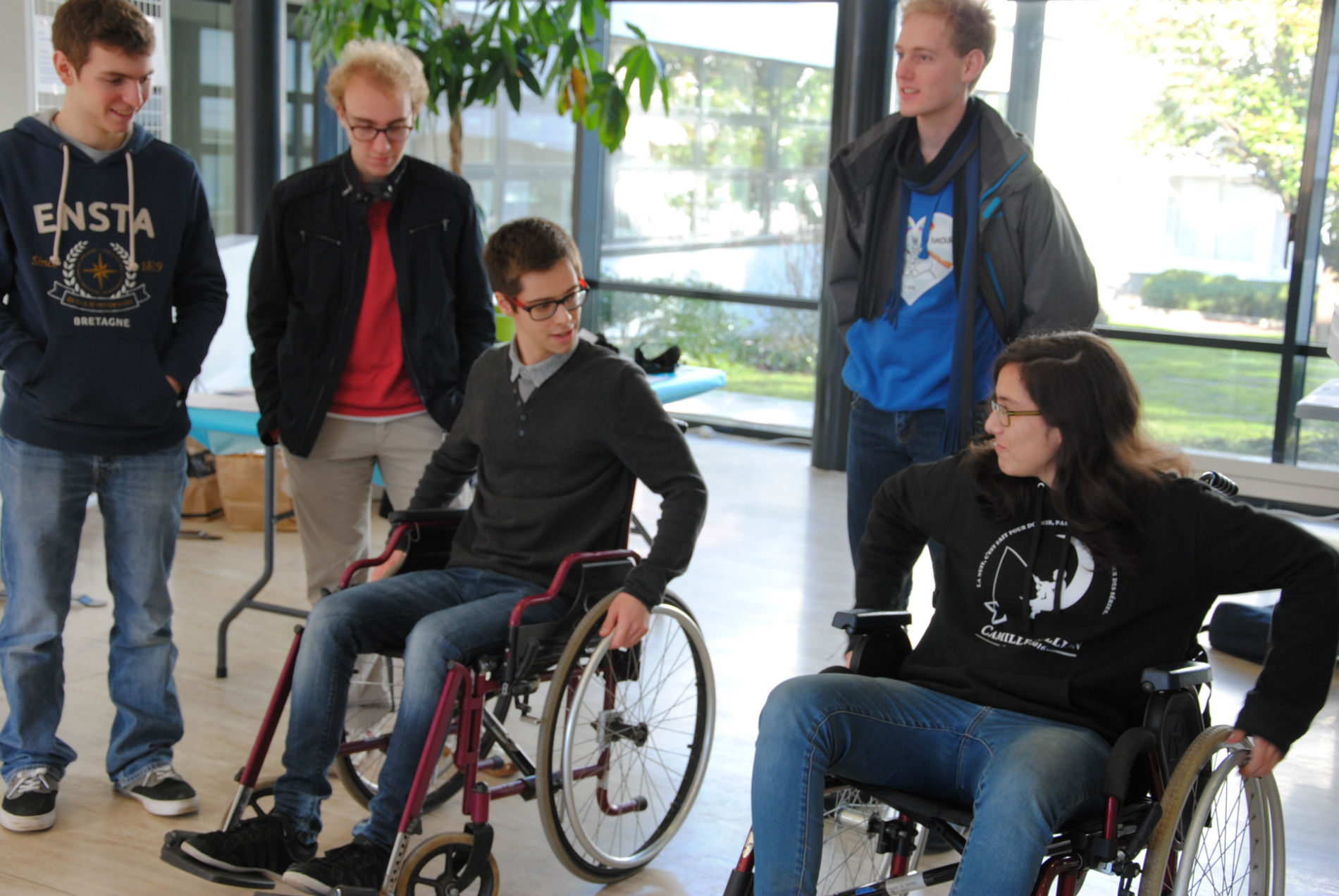
Sustainable development and social responsibility
ENSTA Bretagne is devoted to sustainable development and social responsibility. Concrete projects have stemmed from initiatives in such areas as quality of working life, anti-discrimination initiatives, support services for disabled students and staff, raising awareness among young women about careers in engineering, and equal access to engineering education. On May 13, 2022, ENSTA Bretagne was awarded DD&RS certification for a 4-year period.
Social responsibility
Bullying prevention and response
As a higher education institution, ENSTA Bretagne is committed to suppressing all forms of bullying, harassment, discrimination and violence. The fact that no serious matter has ever been reported at ENSTA Bretagne does not mean that cases of bullying, harassment or discrimination may not occur in the future. Since 2018, the ENSTA Bretagne administration has implemented a proactive policy that encompasses everyone: engineering students, PhD students, staff members and, more generally, anyone on the ENSTA Bretagne campus. The aim is to ban any behavior that might violate anyone’s dignity on the basis of their gender, origin, status (civilian/military), religion, physical appearance, disability, sexual orientation or philosophical beliefs.
Gender equality in the workplace
As the cornerstone of a fair and just society, gender equality is a constitutional principle. In 2020, ENSTA Bretagne reiterated its commitment by signing an establishment agreement on gender equality in the workplace, which lays down the various provisions and specific measures for advancing in terms of equality in the workplace
The measures are primarily aimed at:
- Raising awareness, preventing and combating discrimination, harassment and violence
- Guaranteeing equality in the recruitment process and compensation systems (2023 figures on pay gaps can be downloaded here)
- Promoting equal access to vocational training and career advancement
- Guaranteeing equal working conditions and striving for a harmonized balance between work and family responsibilities.
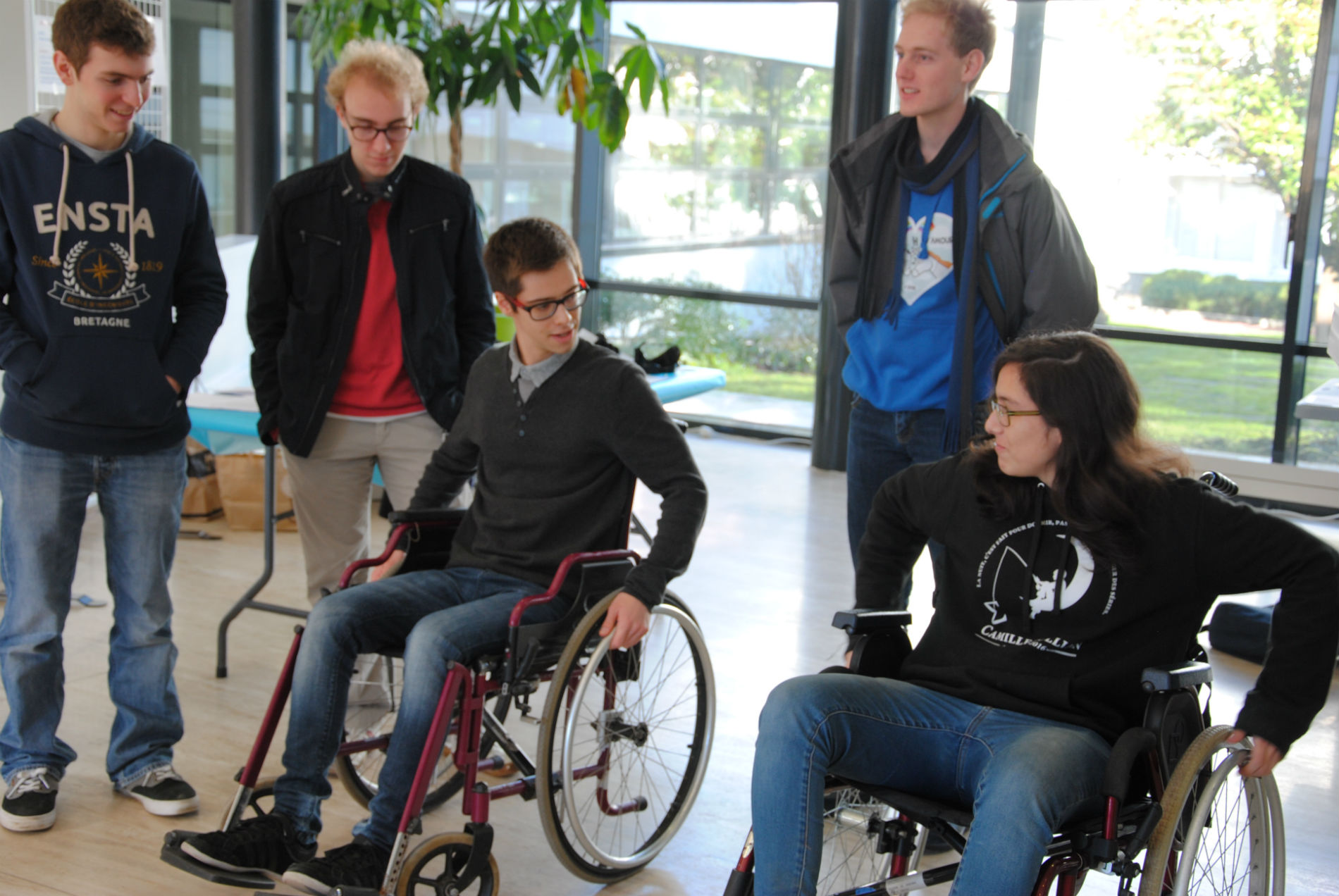
Disability: providing support and changing our perception
Only a few years ago, access to higher education for young people with disabilities was still nearly impossible. Legislation has evolved and has imposed a change in practices so that students and staff members can rest assured that their disability will be accommodated and their place of study or work will be adapted accordingly.
At ENSTA Bretagne, two disability advisors, one for staff and the other for students, have been trained.
- The staff concerned are assisted by the occupational physician in adapting their work stations or work schedules....
- The students concerned are welcomed and supported throughout their studies, and assistance is provided according to their needs (material adjustments, special arrangements, exam adjustments, etc.).
contact
Each year, a disability awareness day is organized on campus in partnership with local associations and organizations.
Students also regularly conduct projects. For example: “development of an adapted sea kayak”, “design and development of a horse riding system for quadriplegics”, etc.
Raising awareness, providing guidance, dispelling stereotypes
Arousing the interest of children for science, encouraging, raising awareness, providing guidance, dispelling stereotypes… the staff and students do their share. Numerous complementary initiatives are organized: for several years now, nearly one hundred students have been jointly supervising scientific experiments in primary schools. The children enjoy the opportunity to handle, observe and understand a phenomenon.
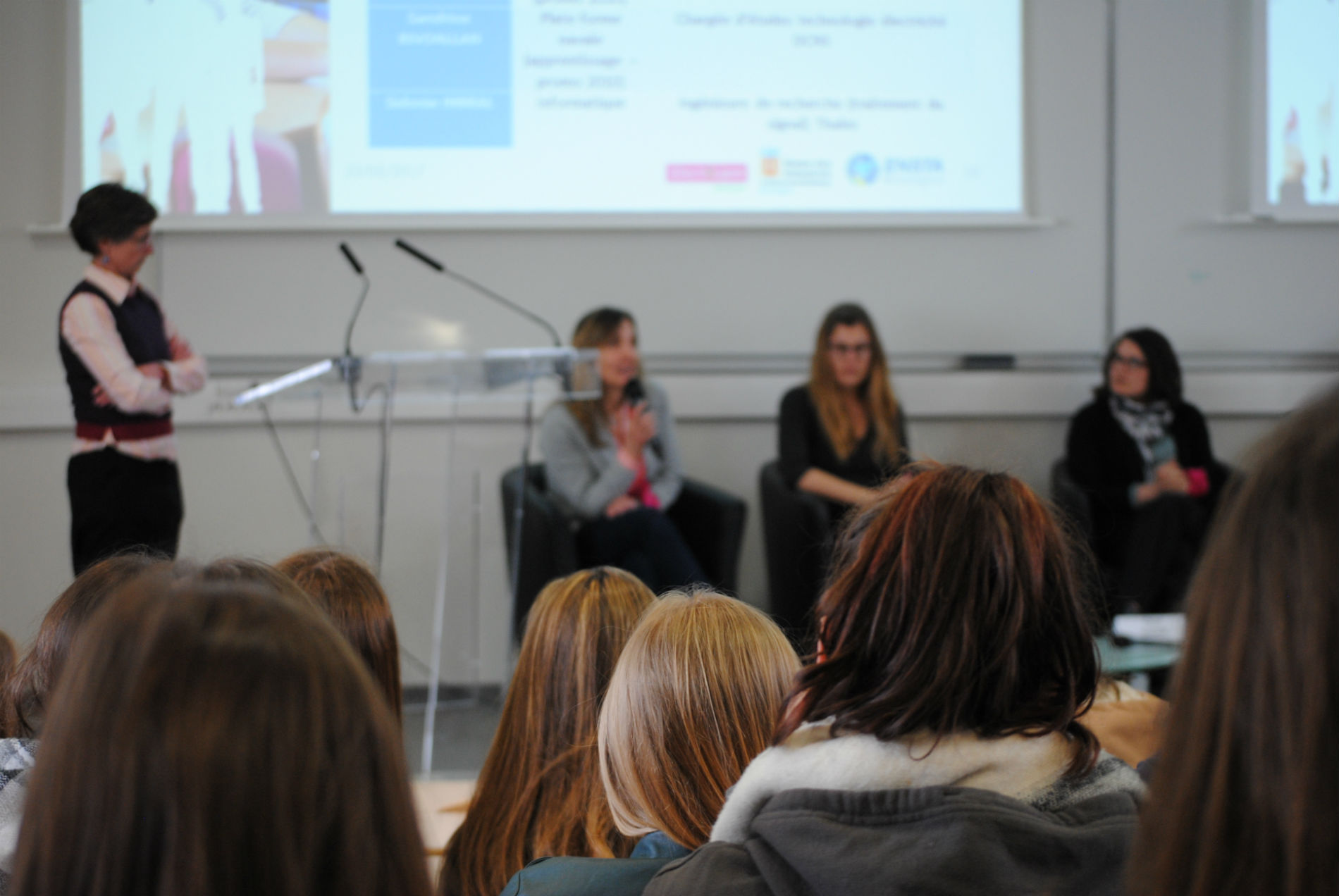
Stimulating young women’s interest for engineering
The proportion of women at ENSTA Bretagne is on the rise yet there is still much room for improvement: women account for 20 to 25% of the student body, depending on the training levels and the majors selected.
The women-in-engineering awareness day “100 femmes, 100 métiers : ingénieure demain !”: Every year, at the request of UIMM, ENSTA Bretagne organizes an awareness day targeting female high school students following a scientific track, to introduce them to the wide range of engineering careers and convey the message that there is a strong demand from businesses for greater gender balance in their teams. The school is also committed to ensuring gender balance in all of its information campaigns and guidance initiatives.
ENSTA Bretagne stands for open-mindedness, tolerance and diversity and leads initiatives to reduce inequalities and combat all forms of discrimination.






